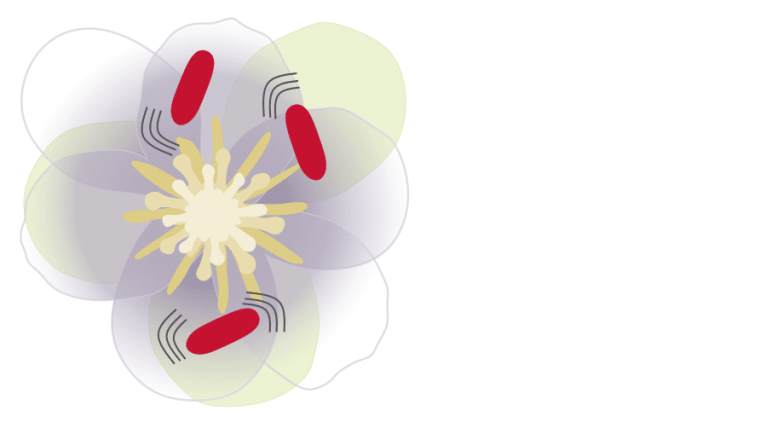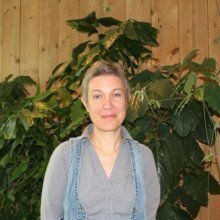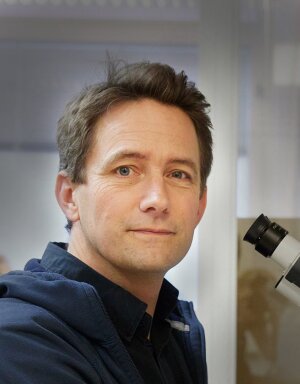
Organisms exist in complex and competitive environments. In order to optimize their adaptation to these environments they can cooperate, compete, evade, kill, or be killed. To orchestrate these complex interactions, chemical signaling evolved to transmit information, and is the earliest form of communication.
Logo chemical ecology
Chemical ecology is an interdisciplinary field of research centered on identifying these chemical signals and studying their significance in ecological interactions. This session calls on researchers to present their work on all facets of these chemical signals and he ecological interactions which they facilitate.

